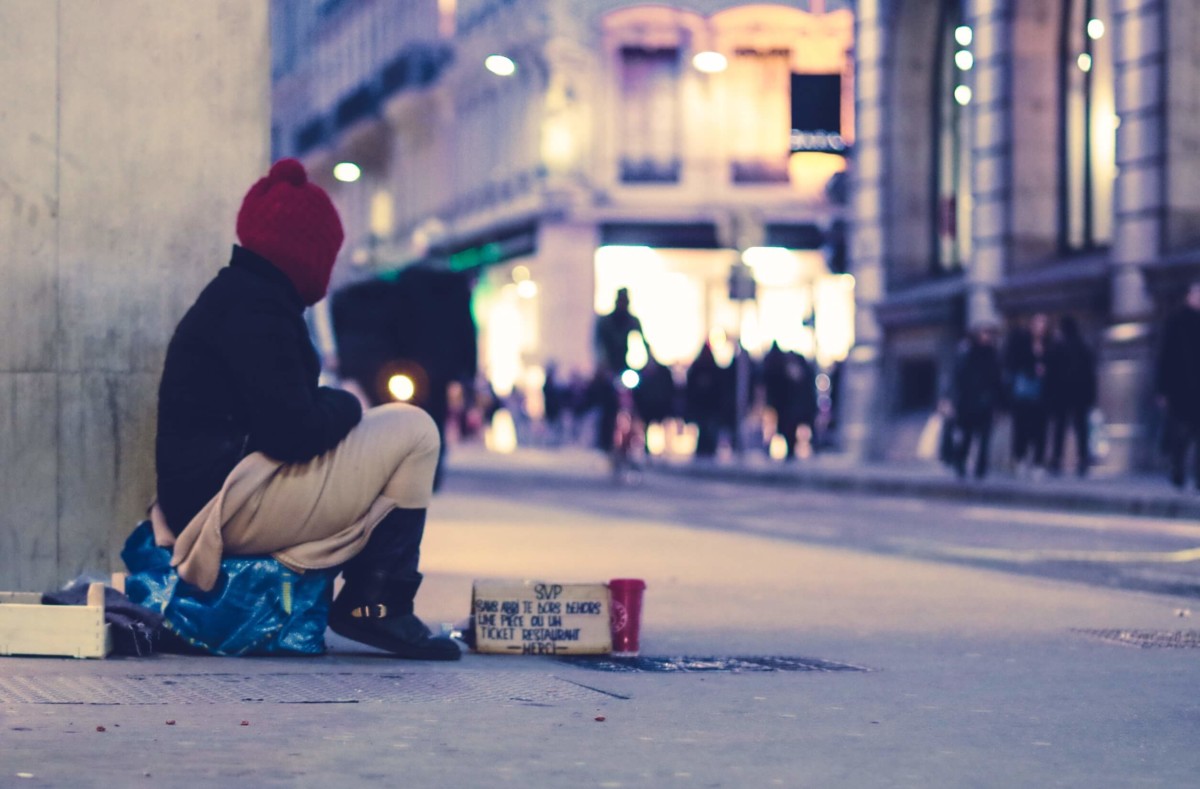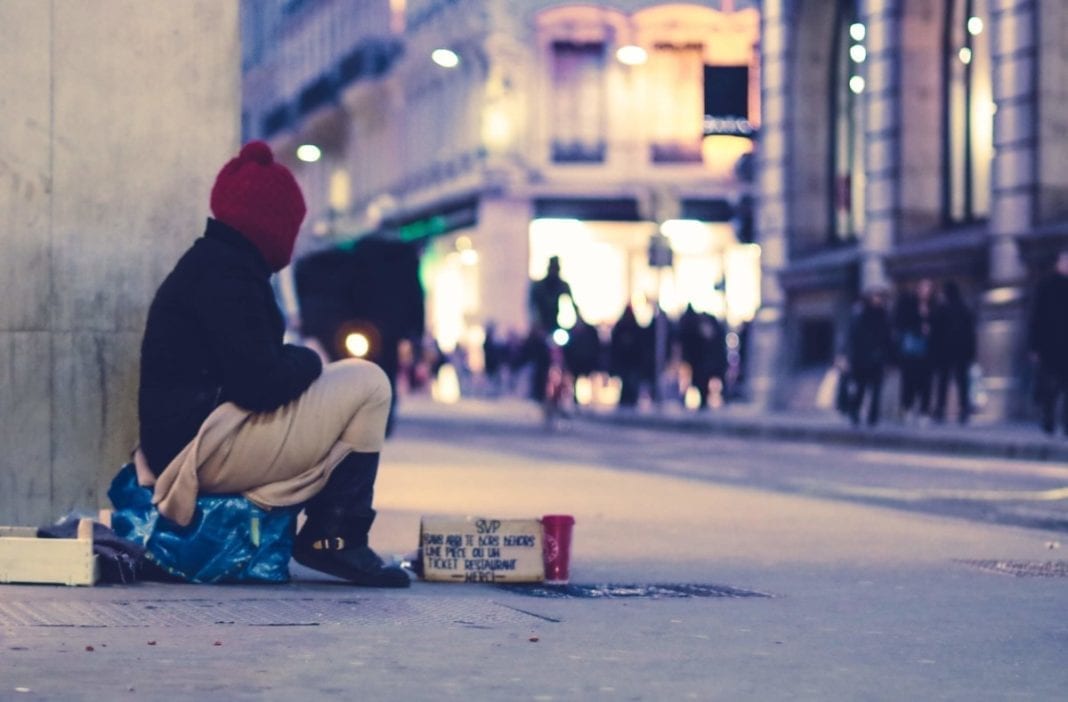Homelessness is on the rise in the Netherlands. Figures released by the Central Bureau of Statistics in 2019 show that people aged between 18 and 65 without a secure place to sleep has increased from 17,800 in 2009 to 39,300 in 2018.
What is the definition of “homeless”?
Someone is considered homeless if they are sleeping outside or seeking shelter in public facilities such as benches, community halls or sheds. People who do not have a secure residence but are bunking with friends, in a car or are being temporarily housed by a charity are also included in the statistics. However, people who are illegally staying in the Netherlands and are homeless are not included in the statistics.
The Statistics
From 2009 to 2012 the number of homeless people increased by nearly 10,000. The number of young people in the age bracket 18 to 30 age group tripled. After 2012 the increase began levelling out and the problem seemed to be improving. From 2014 to 2018 however, homelessness numbers grew by more than 12,000.

CBS researcher Tanja Traag comments “It is very difficult to say anything about the cause of that increase, because we do not know much about these people,” to RTL news.
Out of the 39,000 people considered homeless, 57 percent were deemed to have a migrant background. Over half of the homeless people aged 18 to 65 years old also had a migration background.
A staggering 84 percent of the homeless people were also men.
In 2018, one in three homeless people fell in the 18 to 30-year-old age bracket. This is nearly quadruple the estimates of 2009.
Why is there so much homelessness?
Many of us walk passed homeless people without engaging or offering help. We may briefly recognise the harshness of a homeless person’s situation but do not extrapolate the human from the homelessness. We curtail empathy with judgments such as “they should get a job” or “they should stop substance abusing” which allow us to remain detached. In order to overcome the stigma, it is important to understand all the different causes for homelessness.
There are a myriad of reasons why people become homeless in the Netherlands. There are unprecedented financial pressures, severe addiction issues, relationship problems and mental health issues. NOS reports that the number of mental healthcare institutions has also reduced, despite mental health issues becoming more prominent. This leads people who need assistance coming to terms with their mental health ending up on the street.
Another contributing factor according to the Salvation Army is the shortage of temporary and emergency housing which allows people in need to live in a safe space before getting back on their feet.
We may have no stray dogs on our streets but the number of homeless people is on the rise. If you know anyone who is homeless in the Netherlands, it is important to know what support there is for them.


